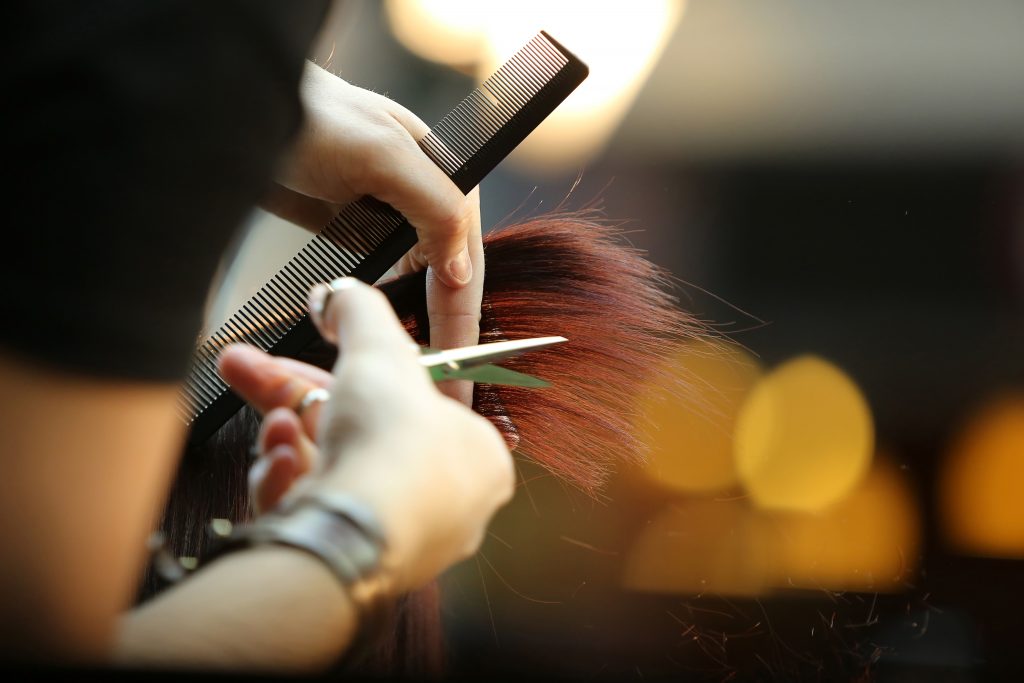California legislators are attempting to gut beauty education. They are attempting a three-pronged assault on the professionalism and quality of beauty education.
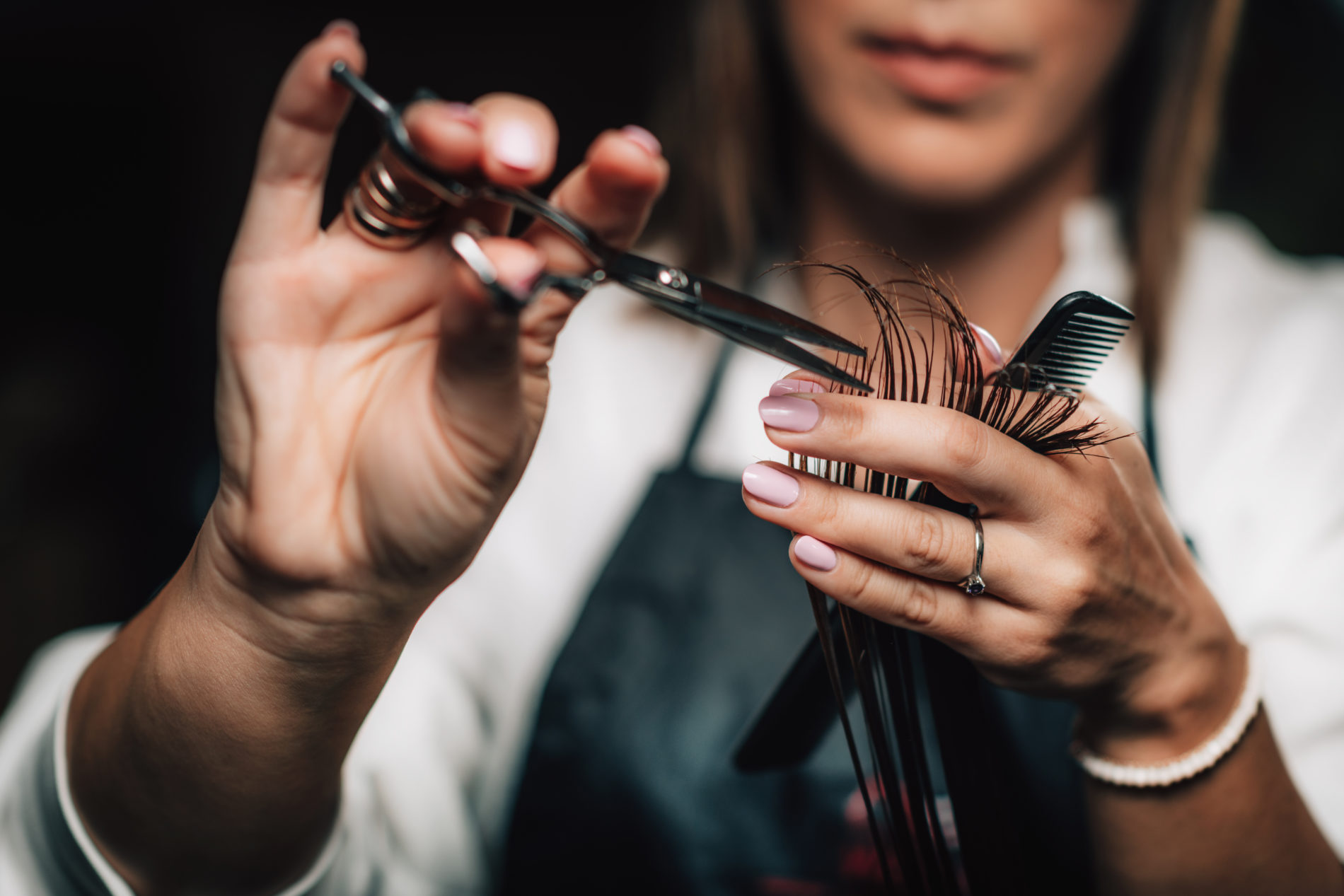
Protect the educational standards of the beauty industry
LESS EDUCATION IS NOT THE ANSWER
- Lowering clock-hour requirements for cosmetology from 1600 hours to 1000 hours and barbering from 1500 hours to 1000
- Elimination of the practical examination required for licensure
- Removing licensure requirements for haircutting and hairstyling
THE EFFECT OF LOWERING CLOCK-HOUR REQUIREMENTS
Graduates who enter the industry underprepared are forced to seek out that invaluable education and experience on their own. If they work in a chair rental salon, that often means that they do not have a mentor or regimented continuing education plan necessary to get them up to speed. Graduates who go into employment-based salons may have access to a mentor or even an education program, but that education is not created to the same standards as nationally accredited cosmetology and barbering schools.
The lowering of clock-hour requirements also hurts stylists and barbers license reciprocity with other states. This negates one of the biggest benefits of working in the industry, license portability.
THE EFFECTS OF ELIMINATING THE PRACTICAL EXAM
This is an egregious disservice to both industry professionals and salon/barbershop guests. Removing the practical examination de-prioritizes hands-on education for a field that is nearly completely hands-on. Allowing stylists to take clients without first demonstrating proficiency or having supervision of an educator creates potential safety and quality issues. For the sake of future professionals and guests, the practical examination is a necessity.
THE EFFECTS OF REMOVING LICENSURE FOR HAIRCUTTING/HAIRSTYLING
The removal of licensure requirements for haircutting and hairstyling completely disrespects the art and science of cutting and styling. These skills require precision and repetition to produce the results consumer’s desire. The licensure removal also complicates scheduling for professionals and guests as they will have to have a cut service done by one professional and a color/chemical service done by another. This creates difficulties in managing timing of services at the same time or even requiring guests to make two trips to their salon/barbershop.
EFFECTS ON SMALL BUSINESS
According to the Professional Beauty Association’s 2019 Economic Snapshot of the Salon Industry 36% of hairdressers/hairstylists/cosmetologists are self-employed. Establishment ownership is 74% women-owned and 63% minority-owned. There are over 50,000 licensed salons and over 560,000 licensed professionals in the state of California (according the California Board of Barbering and Cosmetology).
We are an industry of self-starters and entrepreneurs. Cutting the hours by more than a third removes critical preparation and education that ensures success. This floods the industry with under-experienced and less prepared graduates that will need guidance and continuing education in order to ensure their success. Producing graduates that are not fully prepared to enter the workforce does harm to graduates, salons/barbershops, and the industry as a whole.
THE BURDEN ON GRADUATES
Graduates who enter the industry underprepared are forced to seek out that invaluable education and experience on their own. If they work in a chair rental salon, that often means that they do not have a mentor or regimented continuing education plan necessary to get them up to speed. Graduates who go into employment-based salons may have access to a mentor or even an education program, but that education is not created to the same standards as nationally accredited cosmetology and barbering schools.
Proponents of the bill also claim that reducing hours will lower student debt. In reality, a reduction in hours will actually lead to a reduction in access to Pell grants, saddling students with even more debt.
Currently a newly licensed cosmetologist in the State of California can seek licensure in most states without the need of investing in any additional education. If SB-803 becomes law, that same newly licensed cosmetologist would with only 1000 hours of education may be required to invest in further education in order to meet the standards neighboring states.
THE BURDEN ON SALONS
With all graduates receiving a third less education, salons and barbershops would now be expected to shoulder the burden of finishing the education of the graduates. As mentioned prior, many of these salons and barbershops are small businesses that cannot afford the investment of time and money that it will take to develop an underprepared graduate into a confident, productive service provider. This puts the very businesses and entrepreneurs they claim to be helping at a significant disadvantage to the larger chains who can afford to absorb those costs.
HOW IT HURTS THE INDUSTRY
The most important thing to most service guests is consistency. That’s why we’re all so dedicated to our stylists, barbers and spa professionals. Knowing that your service provider has a solid foundation of knowledge and skills that are taught by professional educators according to a state board approved curriculum, gives guests the peace of mind when seeking out a new provider. If we cut the hours from 1600 (cosmetology) or 1500 (barbering) to 1000, that means that one third of the experience and education is provided “on-the-job” without a consistent curriculum and dedicated educators.
A reduction in hours will lead to an under-skilled workforce in an attempt to funnel these workers into over-franchised businesses and put the public at risk.
LESS EDUCATION IS NOT THE ANSWER
The proponents of this bill claim that the current licensure requirements are overburdensome and that lowering hour requirements will lead to less debt. No one will argue that less debt is a bad thing, however SB-803 doesn’t make cosmetology education any cheaper, it simply removes a third of the education. Buying a car for 33% off seems like a great deal until you realize that the car you bought is missing a third of its parts.
Support the beauty industry and beauty professionals by making sure that education and licensure standards are not lowered in order for a few large companies to make a few more bucks. Protect my profession.
WHAT IS THE IMPACT OF SB-803?
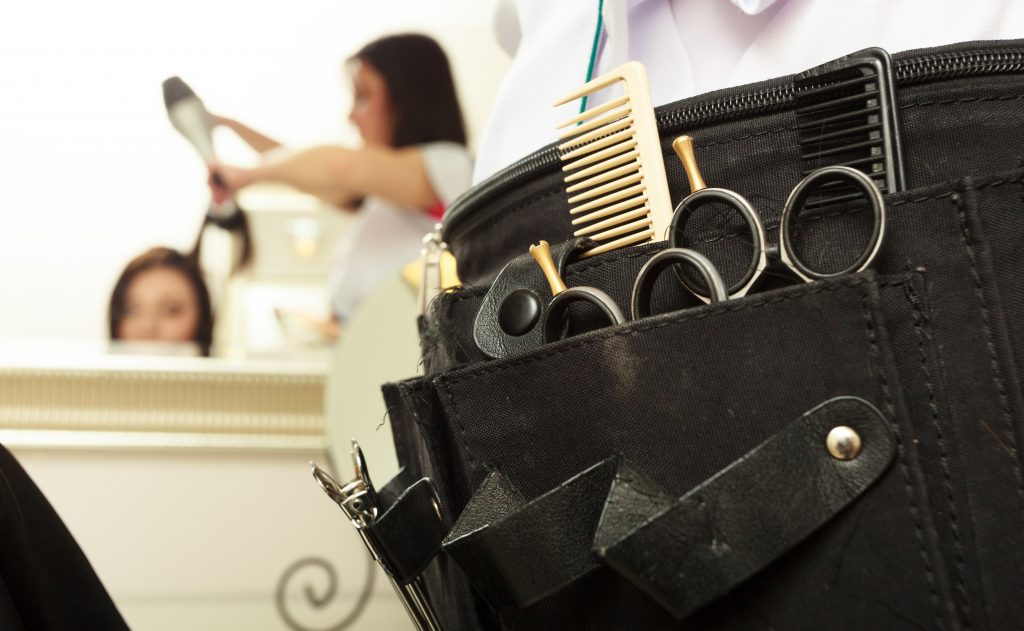
- Takes 1/3 or more of a student’s education out of the hands of passionate professional educators and puts that burden on salons.
- Reduced hours will not give students enough time in classroom or in clinic to learn both the safety/sanitation and the technical skills necessary to be employment ready upon graduation.
- Fewer cosmetology and barber hours could mean that the skincare and esthetics portions of their education would not get an adequate amount of time during the truncated program.
- Fewer salons and barbershops can afford to shoulder the financial burden of an educational program, meaning there will be fewer employment opportunities for graduates.

- Nearly 95% of beauty professionals and 83% of licensed cosmetologists are women, while women represent only 47% of the workers in all US industries.
- Women own 74% of independent salons, whereas women own only 36% of businesses in all private sectors.
- 38% of barbers are African-American men who own their own operations.
- Proponents of SB-803 argue that the common sense reforms are necessary to position the California cosmetology industry for survival, but the truth is that passage of the bill will result in the closure of numerous female and minority owned businesses.
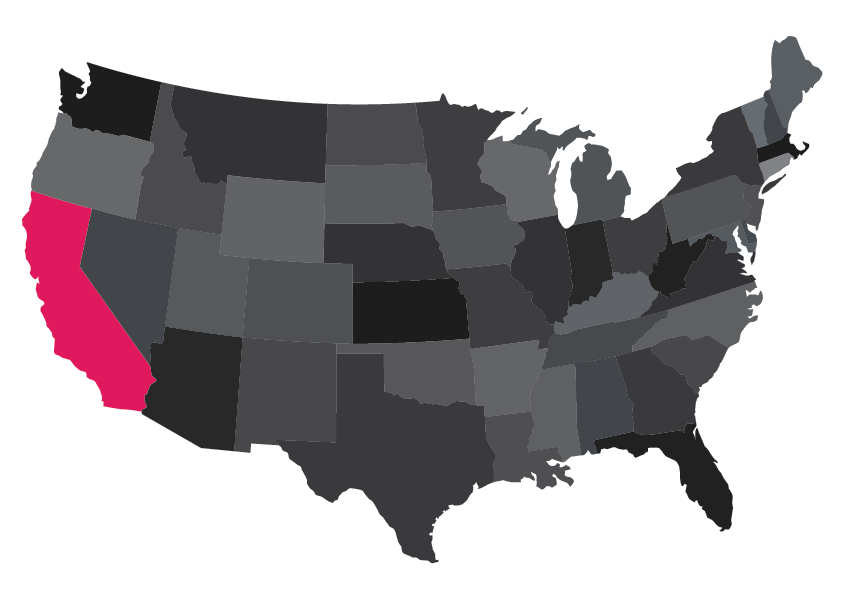
- SB-803’s reduction of hours mean that cosmetology and barbering graduates would likely have to invest more money and time to practice their craft in another state as the proposed 1000 is lower than most states require.
- This negates the flexibility that is prized by so many in our industry.

- “Mom and Pop” salons and barbershops cannot afford to hire a graduate then pay someone to finish their education without the deep pockets of larger chain salons.
- Salon and barbershop owners and operators will be forced to divert their energy and resoruces from running the business and servicing clients to educating new employees.
- Nearly 2/3 of salons and spas are small, independently-owned entrepreneurial businesses that employ less than 5 people and operate on an incredibly moderate profit margin of less than 10%.
- SB-803 would force these small, independent businesses to absorb an additional cost of $5,000 to $8,000 per new hire to replace training that is currently provided to each newly licensed beauty professional in California.
- Small businesses are forced to either spend money to finish a graduate’s education or to spend more money hiring more senior stylists who are already experienced.
- The proponents of the bill are owners, franchisees or officers of large, chain salon operations that stand to benefit from the demise of the small, independently-owned salon and spa who cannot bear the increased financial burden.
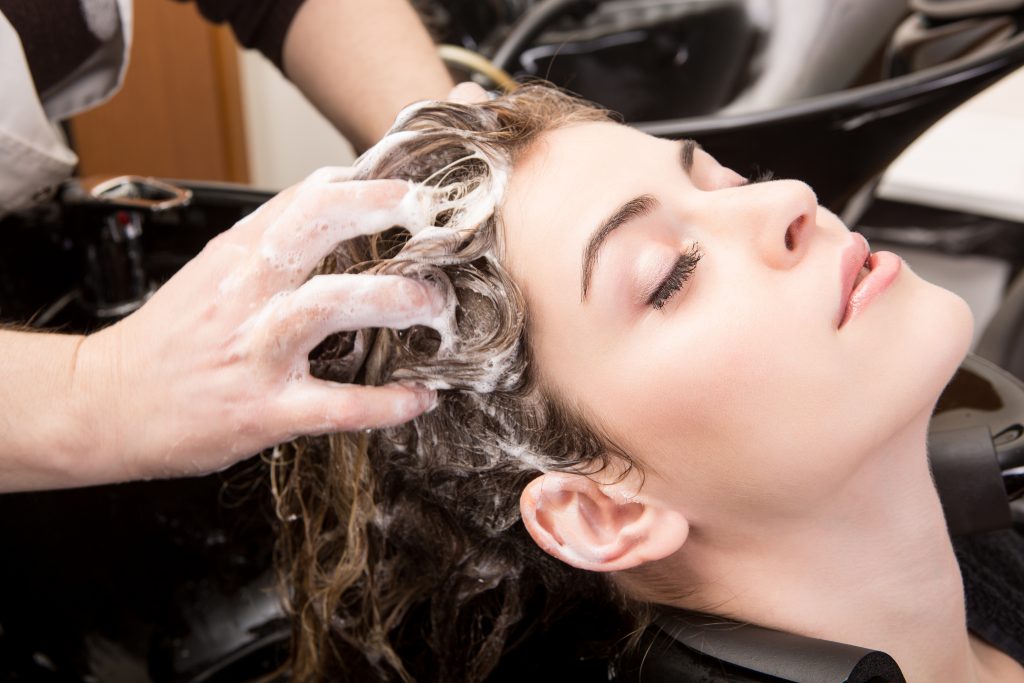
- Students will have less experience with the technical skills needed, possibly leading to unsatisfactory results.
- Client safety could be at risk by having graduates with only a minimal amount of education on safety and sanitation.
- Graduates lack of adequate experience will result in slower service and longer appointments for customers.
- Added expense of education could result in a price increase for services.


